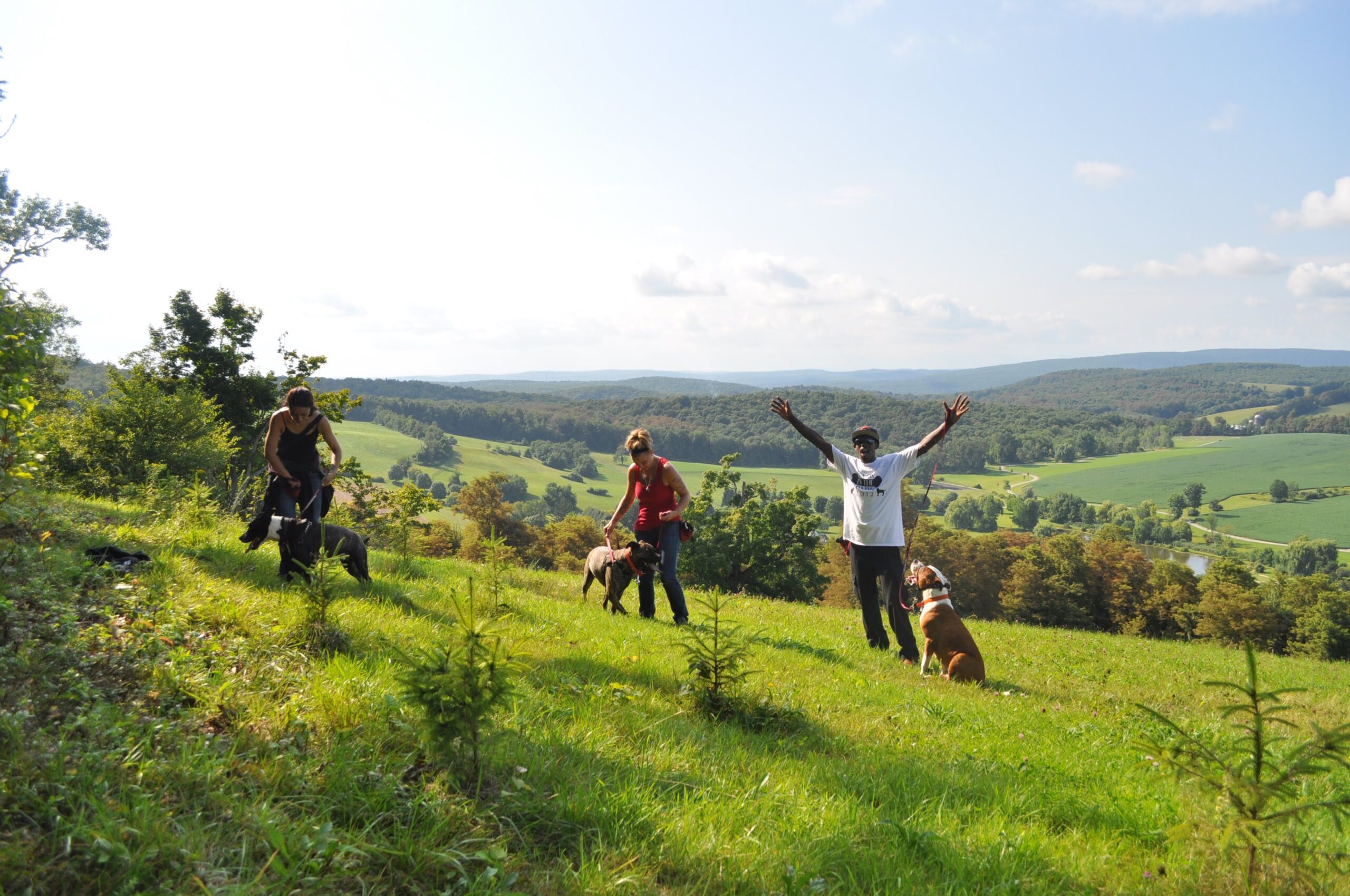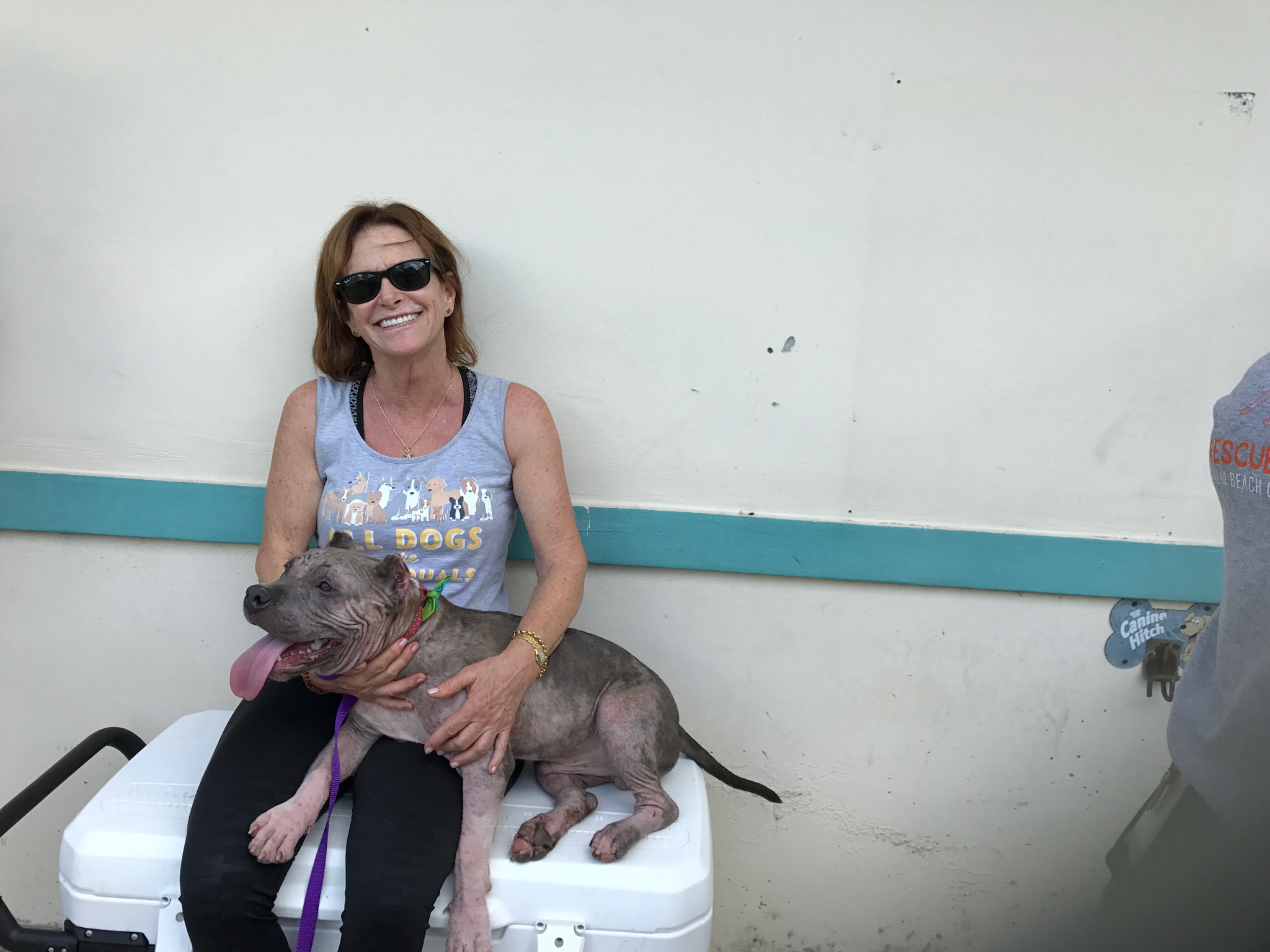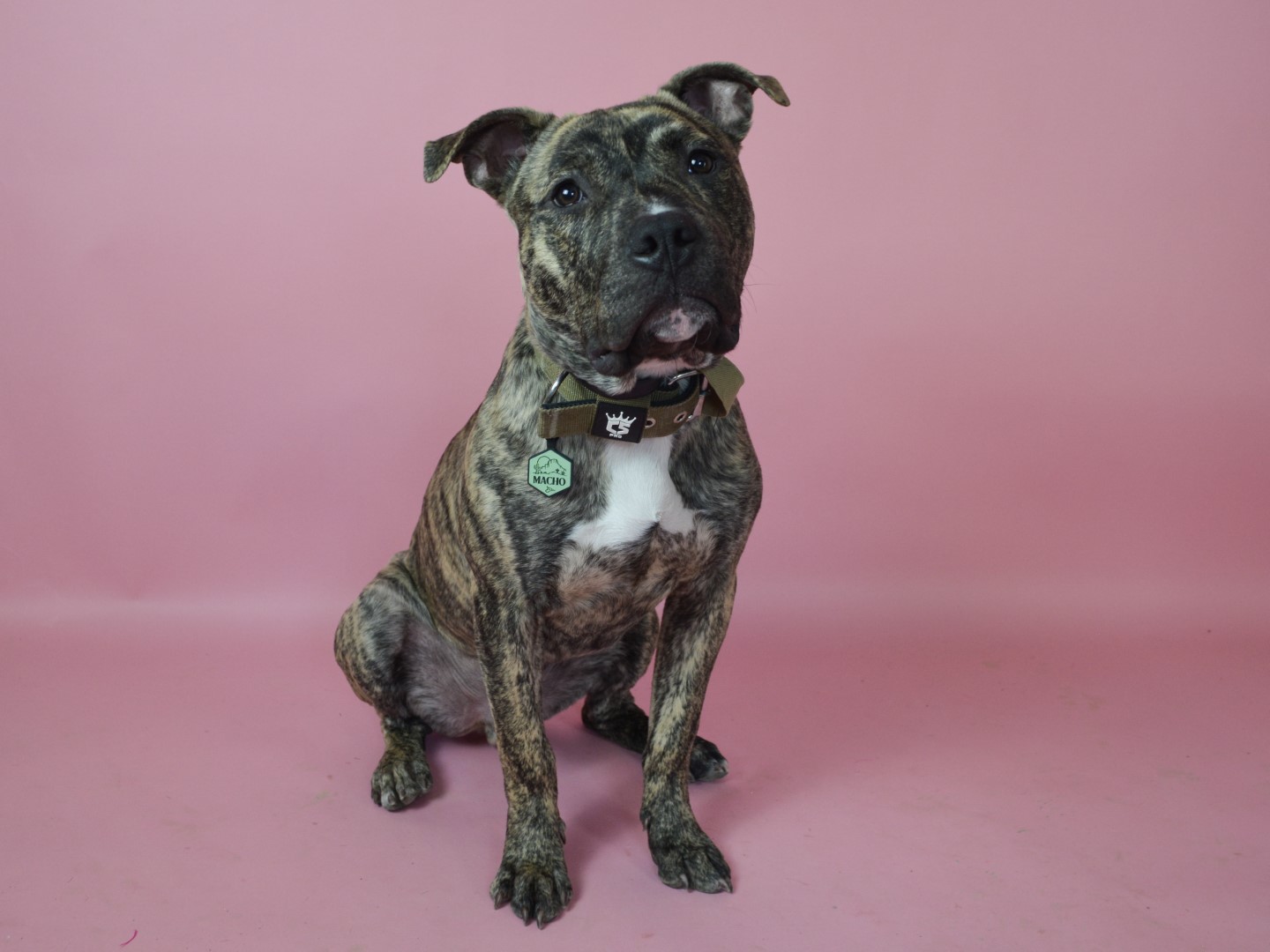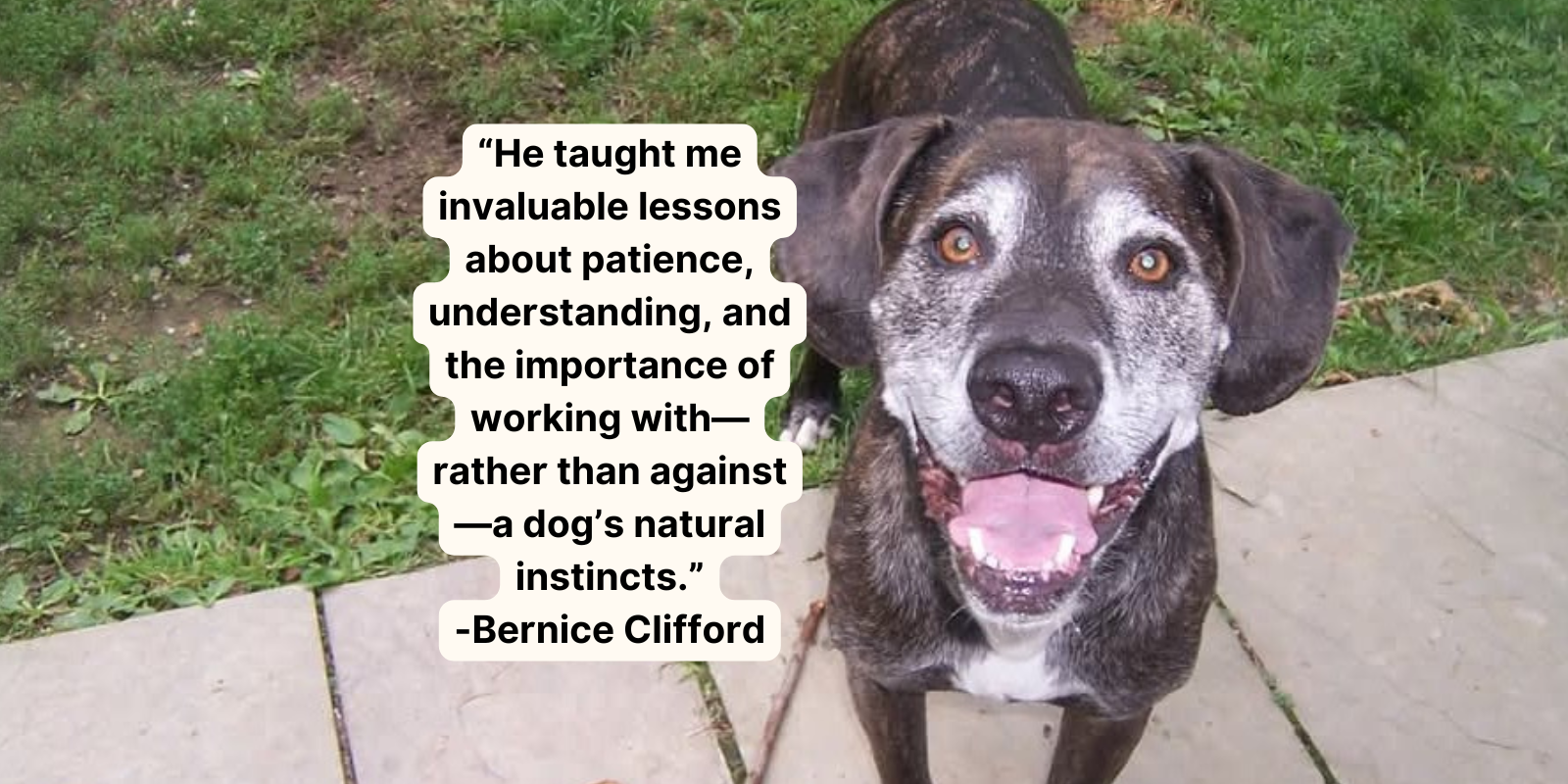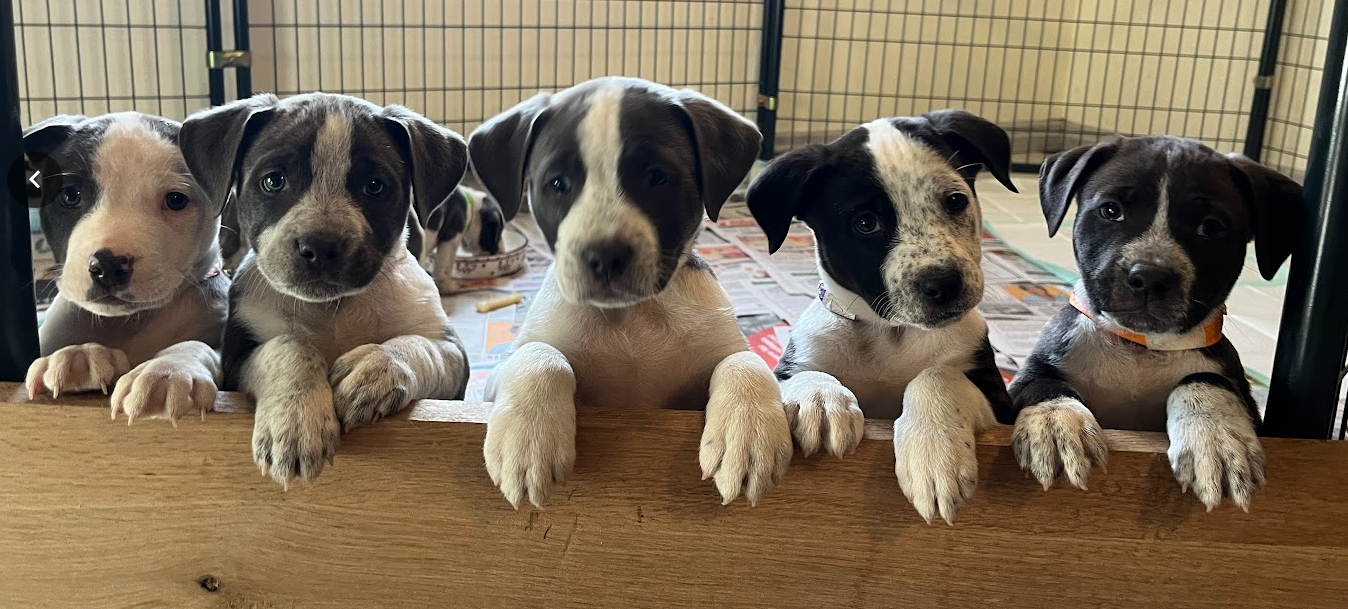Denver’s original BSL, and its revised BSL, perpetuate the falsehood that the dogs it deems to be “pit bulls” are disproportionately dangerous – this despite the failure of Denver, or any other municipalities for that matter, to produce evidence that dogs labeled “pit bull” are different. Nor has there been any evidence in peer-reviewed literature showing that regulating dogs based on breed or appearance reduces the incidence of dog bite-related injury.
Denver squandered $100 million of taxpayer money with its ineffective 30 year ban. The revised BSL seems to be a way for the city to recoup some of those funds. The appalling reality is that the recouped money will come from the owners of dogs that Denver Animal Protection deems to be “pit bulls.” If your pet is what Denver has decided is a “pit bull,” you pay more than other dog owners for the privilege of keeping a companion you most likely consider a member of your family.
One of the “additional requirements” is that the city has the power “to inspect the pit bull and/or the premise where the pit bull is located.” That, of course, would be your home. Denver neglected to put their end run around the 4th amendment into the ballot language.
Everyone who is prepared to allow animal control the unfettered right to search your home, raise your hand.
Then, there is the question of which dog owners are intended to bear the brunt of this new ordinance. At AFF, we’ve long since talked about the classism and racism inherent in any breed-specific legislation, be it a ban or differential regulation. This year, others in the industry have joined us in that discussion. So, we’re left wondering, why are some companion animal welfare folks celebrating Denver’s revised breed-specific legislation?
WHY THIS MATTERS
Consider for a moment in which neighborhoods Denver’s revised BSL search power will be invoked. Sit with that a minute.
Further, according to the ordinance as drafted, owners of dogs that Denver has designated as “pit bulls” are on a kind of probation for three years. Would you like to be on probation for three years because of what your dog looks like?
Do we seriously imagine that dog owners in Cherry Hills, or Denver Country Club or Park Hill, to name a few of Denver’s wealthiest neighborhoods, will be on parole, or that animal services will be barging into their homes?
Companion animal welfare has a history of sorting “pit bull” dog owners based on race and income. This is reflected in adoption barriers and the judgment people place on those who rehome their pets, and people who outright state that only those who are upper-middle class or wealthier should have pets, and those are just some of the issues. Denver’s new breed-based regulations are a continuation of that discrimination.
If Denver’s ban meant they were still rounding up and killing pet dogs because of what they look like, it would be tempting to call their revised BSL an improvement; but Denver has not been enforcing the ban for quite some time. With the revised BSL, Denver has added barriers to responsible pet ownership and has built in a monetary reward for themselves if they enforce it. No one will be safer. Discrimination and demonization will continue.
This was the question put to Denver voters on the ballot:
Shall the voters for the City and County of Denver adopt an ordinance authorizing the city to grant a provisional permit to owners or keepers of a pit bull, provided the owner microchips the animal and complies with additional requirements set by Denver Animal Protection?
This is what the ordinance actually says:
Sec. 8-67. – Pit bulls prohibited without breed-restricted permit. It shall be unlawful for any person to own or keep any pit bull within the city without first obtaining a breed-restricted permit satisfying the conditions set forth in this section. “Breed-restricted permit” under this section shall mean a permit granted by animal protection to owners or keepers of a pit bull in accordance with certain conditions.
Denver animal protection, the Denver Police Department, or a licensed Colorado veterinarian may temporarily harbor, and transport, adopt, and/or disposition any pit bull under the conditions set forth in this section.
Any humane society operating an animal shelter which is registered and licensed by the city may harbor and disposition any animal that it has determined to be a pit bull breed. Any pit bull breed assessment not done by Denver animal protection is non-binding and it is the responsibility of any new owner of an adopted animal to contact Denver animal protection and follow the breed-restricted licensing process. Adopters intending to own or keep any such animals within Denver must comply with all requirements set forth in this section.
Application for a breed-restricted permit to own or keep a pit bull shall include: The name and address of the owner or keeper where the pit bull will be located; The names and addresses of two (2) persons who may be contacted to take responsibility in the case of emergency; An accurate description of the pit bull and recent photograph for which the breed-restricted permit is requested; An annual fee for a breed-restricted permit or for any renewal or modification of such permit. The permit tag shall be attached to each permitted dog at all times when it is off the property of the owner or keeper by means of a collar or harness, and it shall be unlawful to place this tag on any animal other than the dog for which the breed-restricted permit was issued; Proof that the animal has had a registered microchip implanted; Proof that the animal has a current rabies vaccination pursuant to section 8-31; and other information as animal protection may reasonably require.
Conditions of a breed-restricted permit to own or keep a pit bull: Any owner or keeper of a pit bull shall be jointly and severally responsible with all other owners or keepers of such pit bull for compliance with the requirements of a breed restricted permit; Any owner or keeper of any pit bull may not own or keep more than two (2) pit bulls per household or harbor more than two (2) pit bulls at any time.
The owner or keeper of a pit bull shall notify animal protection in person or by telephone of any of the following occurrences within the scheduled time frames as set forth in this subsection: Within eight (8) hours after the pit bull has escaped or has otherwise ceased to be in the custody of the owner or keeper for any reason, unless the owner or keeper knows such animal to be physically secured, restrained, or confined and to be in the custody of a competent adult; Within eight (8) hours after the pit bull has attacked or bitten a person or another domestic animal; If the pit bull has died, or if the owner or keeper of the pit bull or the address of the pit bull has changed to a person or location outside of the city, the owner or keeper listed on the breed-restricted permit shall notify animal protection within twenty-four (24) hours of such change, including the name, address, and telephone number of the new owner or keeper.
If the owner or keeper or location of the pit bill changes to a person or location at a different address within the city, the owner or keeper listed on the breed-restricted permit shall notify animal protection within twenty-four (24) hours of the change, including the name, address, and telephone number of the new owner, and the new owner or keeper may be permitted to modify the breed-restricted permit to reflect the new owner’s name in the discretion of animal protection, but such modification must be obtained within five (5) days of the change.
Notwithstanding section 8-4(c), animal protection officers shall be permitted access at reasonable times, upon reasonable notice, and in a reasonable manner to inspect the pit bull and/or the premise where the pit bull is located for sanitary and health conditions, including, without limitation, conditions in Article VI of this Chapter.
After a period of thirty-six (36) consecutive months with no violations of any provisions of Chapter 8, animal protection may remove the requirements of this section by issuing a written notice to the owner or keeper that the conditions of the breed-restricted permit period have been satisfied for the 26 requisite period. Upon receipt of written notice, the owner or keeper is required to license their pit bull under section 8-46, D.R.M.C. and maintain compliance with all other license requirements of Division 3 of this Chapter.
Violation by an owner or keeper of the conditions of the breed-restricted permit may impact the permit and may result in other criminal or administrative penalties allowed by the code. Nothing in this section shall be construed in any manner as altering any owner or keeper’s duties, responsibilities and/or liabilities under Chapter 8. Animal protection will collect, maintain, and review data and findings from inspections and violations and shall report findings and make recommendations to city council after the initial three (3) year period of the program.
Any person who violates any provision of chapter 8 (animals), excluding the provisions of sections (damaging property), (dog attack or bite), (dangerous dogs), (pit bulls prohibited without a breed-restricted permit), (cruelty to animals prohibited), (abandonment), and (keeping place for fighting animals); … is also subject to a civil penalty of not more than nine hundred ninety-nine dollars ($999.00) per violation.
IF YOU GLAZED OVER TRYING TO READ THE FINE PRINT…
1. You have to take your dogs to Denver Animal Protection to be assigned a breed label. No other source for breed labeling is acceptable. (If you don’t have a car, it’s a 10 minute walk from the nearest bus stop and your dog will have to be in a locked commercial crate on your lap, or on the overhead rack, so be prepared)
2. You have to pay $25 to the city of Denver for the breed label assessment, regardless of the determination
3. You have to pay a special licensing fee that other dog owners are not required to pay, in addition to the regular dog licensing fee.
4. You must pay that special licensing fee every year, for at least 3 years.
5. Your dog must be microchipped.
6. In Denver, all dogs over the age of 6 months must be sterilized in order to be licensed.
7. You must provide to Denver Animal Protection a verbal description and photo of your dog that will be kept in a database.
8. By registering your dog, you automatically agree to allow Denver Animal Protection
access to your home and your dog, at their will.
9. Once you have registered your dog, you will be included in a database of “pit bull” dog owners.
10. If you move, you must notify Denver Animal Protection within 8 hours.
11. When your dog dies, you have 8 hours to tell Denver Animal Protection.
12. You can only have 2 dogs labeled “pit bull.” You can have a total of 3 dogs but only 2 can have been assigned the label “pit bull.”
If you fail to do any of these things, or are late, you are subject to a fine of $999.00 and “other criminal and administrative penalties.”
THIS IS BREED-SPECIFIC LEGISLATION. NOT A VICTORY.
If you do follow the new BSL restrictions to the letter, after 36 consecutive months of compliance, Denver Animal Protection may, but is not obligated to, issue you a reprieve from the yearly BSL requirements.
This reprieve is not guaranteed.
Thus, even if you have the means to have your pet sterilized, microchipped, specially licensed AND you agree to provide a photo of your pet, remain in regular communication with Denver Animal Protection about your living arrangements, and grant unrestricted access to your dog and your home by Animal Control, you may still ultimately be judged to be an irresponsible dog owner. And if you do not have the means to comply, or are unwilling to forgo your constitutional right to refuse illegal search, you will be considered an irresponsible owner and your pet is at risk.
Don’t be fooled into thinking that the revised breed-specific legislation in Denver is a baby-step to a full repeal. Nor should you consider it a model for other municipalities desperately holding on to their outdated dog owner legislation. Denver has merely pulled back the discrimination curtain on what it has intended all along. Municipalities that are serious about public safety, and the rights of its citizens, repeal BSL in favor of breed neutral ordinances that hold all dog owners equally accountable. Denver is not one of those municipalities.

